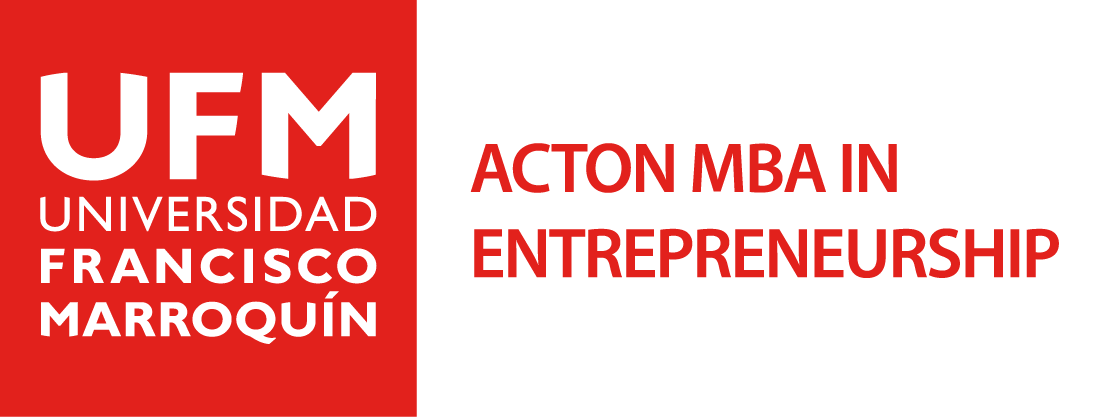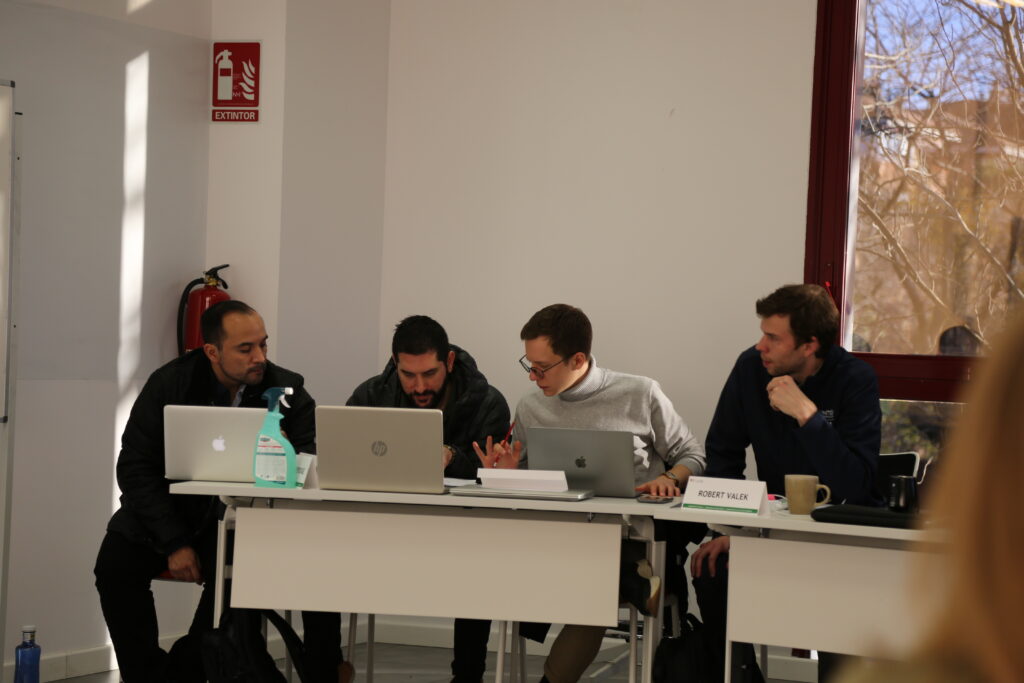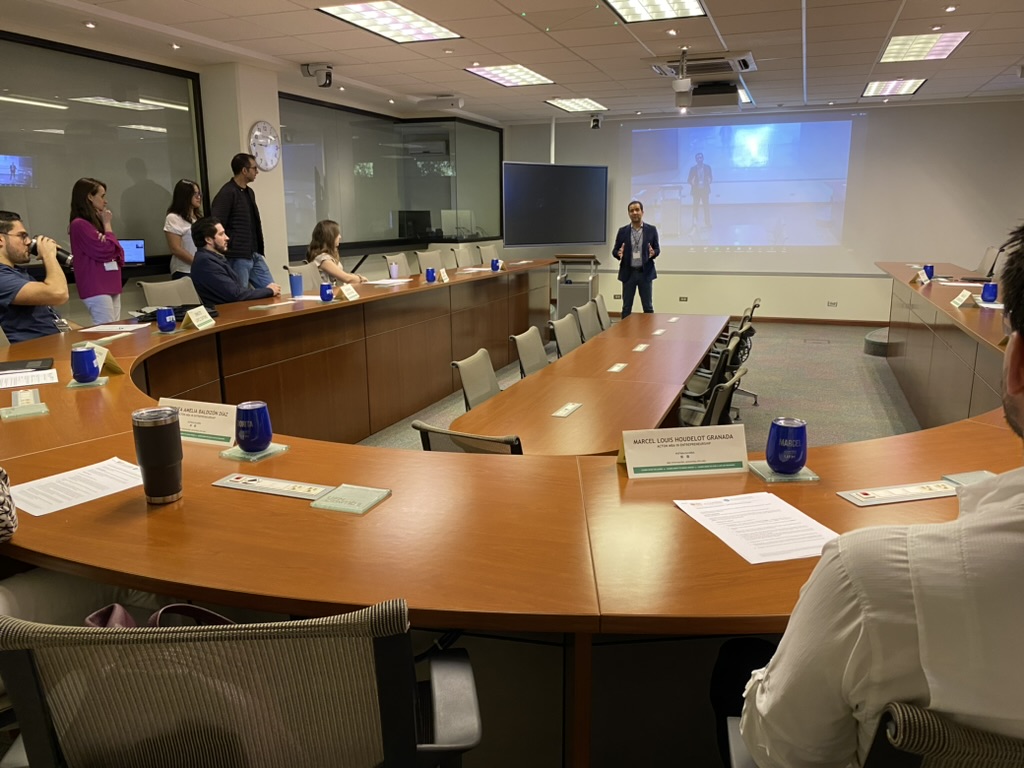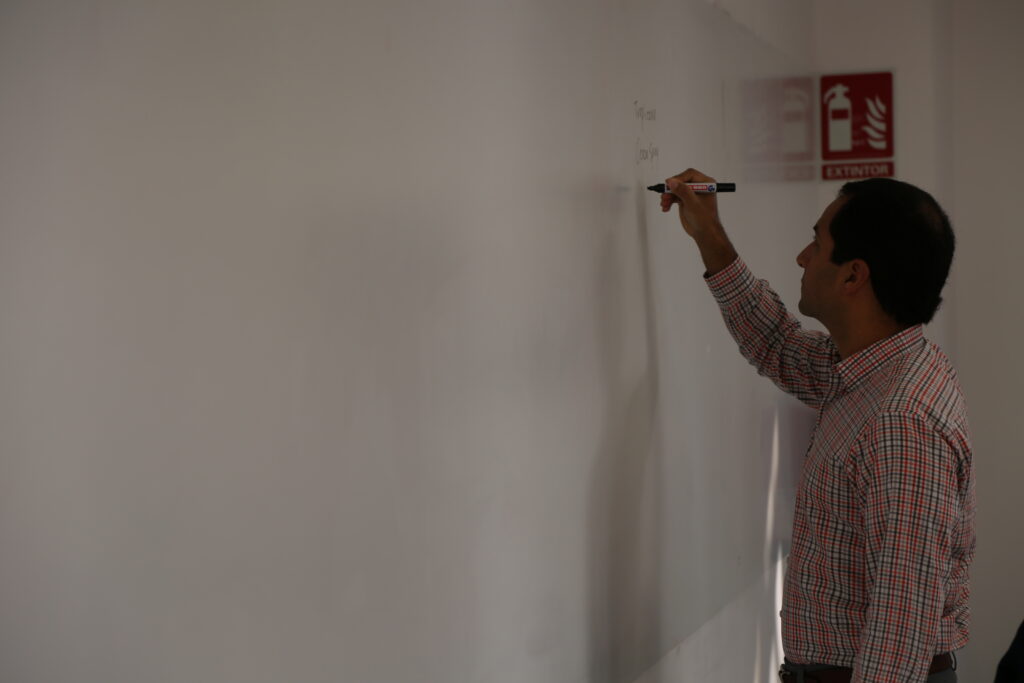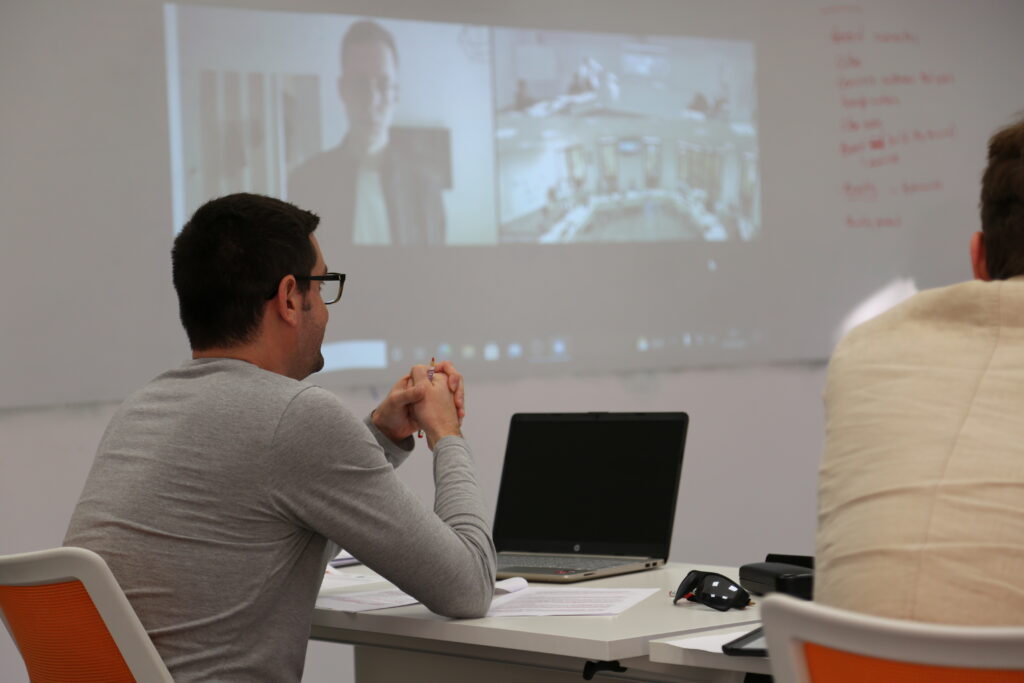Acton in Action: Walking in the Customers’ Shoes at SchoolAdmin
OCTOBER 7, 2014
“We wanted to prove to ourselves that there was a real customer need that we could build a great business around.”
If you’ve spent much time in an Acton classroom, reading Acton materials, or talking to Acton grads, then the phrase “walk in your customers’ shoes” should be a familiar refrain. But far from being a cliché or something that sounds like a nice idea, this specific practice is a fundamental component to success.
Acton students and graduates dive deep into this exercise, uncovering key lessons and insights about the most strategic and critical aspect of their business; the need or desire that their product answers.
We recently caught up with Acton alumnus Nate Little (’08), cofounder and former president of SchoolAdmin, a software start-up that provides schools with online admissions and enrollment software.
The Situation
When Nate cofounded SchoolAdmin in 2009, he saw that there was a tremendous opportunity to provide independent and charter schools with a better platform and to enhanced tools to manage admissions and enrollment. Traditionally, this process was fraught with paperwork, requiring many seemingly redundant steps and forms on behalf of parents and school administrators.
Nate and SchoolAdmin’s founding team knew that a robust online offering could improve vastly on this legacy process, but they lacked a clearly laid out definition of exactly what such a platform required and how well it might be received.
“We are software people, not school administrators,” said Nate. “We wanted to build the best admissions system on the market. So, we knew from the beginning we had to immerse ourselves in the world of our users.”
As they set about engaging school administrators in comprehensive discussions about their schools’ processes, needs, and applicants, Nate said SchoolAdmin also made getting customer buy-in a critical step in launching their business.
“We wanted to prove to ourselves that there was a real customer need that we could build a great business around. So, before we hired our first developer, we found three schools that signed letters of intent, agreeing to buy our product for a certain price if we built it well. This provided us with proof that we’d be able to build a sustainable business doing this.”
Nate’s team knew that ongoing success would require that they stay in-step with their customers’ needs and requirements. They’d learned a lot about their client base, but the lessons were just beginning. So, they set about building customer immersion into the DNA of their company.
The Solution
The result is what Nate calls SchoolAdmin’s Customer Echo Chamber.
“We’ve incorporated the customer point of view into everything we do,” said Nate.
“Every Friday afternoon, in our all-hands meeting, our client services team shares the interesting things we had learned about our customers that week—from success stories to struggles. This lets us celebrate the victories together and gets everyone talking about how to fix the problems that come up. Some of our best product ideas have come from these conversations,” explained Nate.
The company also tracks the frequency that its product design team engages customers in feedback meetings, via usability tests, interviews, and other communications.
“We make sure that our product design team is getting feedback from customers at least twice per week,” said Nate. “It’s one of the top metrics we look at in our weekly executive team meeting. Our product will never stop evolving, and continually getting customer input makes sure we evolve it in the right way.”
In order to keep these lessons fresh, SchoolAdmin has also created several personas, representing various types of school administrators that use their system. When designing new features, the product development team is required to ask themselves how the additions would help or hinder each persona type.
“The personas are a constant reminder of who our users are—how they think about technology, how they communicate, and what they care about. This helps us to always think about the person who will be sitting in front of the keyboard or tablet. That way we build for them, not us,” explained Nate.
“We’ve also built a workflow and wiki system whose sole purpose is to track our customer interviews and manage all of the great quotes, anecdotes, and success stories we get from schools. We share what we learn with schools via blog posts and talks, and use them internally to help our team stay connected with our customers.”
“I want everyone who works here, whether they’re in development, support or sales, to fully understand our customers. The moment we stop seeing the world through an admissions director’s eyes is the moment we lose the ability to serve them like we should.”
Lessons Learned
Nate credits Acton and its Customers class with showing him the incredible value of three key strategies. Taking long walks in his customers’ shoes, preselling the product to demonstrate demand, and integrating customer engagement into the company’s operating system have all been direct applications of lessons he learned in the Acton classroom.
“At Acton we were constantly challenged to get inside the mind of our customers. If you can do this, not only will you build the right product, but you’ll sell it well and be able to give your customers the support they need. We’ve applied this throughout our company, from using personas in product design to sharing customer stories in our weekly all-hands meeting. That way we never stop learning about our customers and what they need.
“One thing we were trained on at Acton is to figure out what your key success factors are–those things you need to do better than anyone else—and build your company around them. The single most important thing for us is that our customers have an outstanding experience with SchoolAdmin . . . So, we’ve built our company operations around that. Everything we do—what metrics we look at, what meetings we have, and what successes we celebrate as a team—is done with that in mind.”
Questions? Let Us Know!
Want to learn more about Acton? We’d love to hear from you so feel free to contact us directly!
